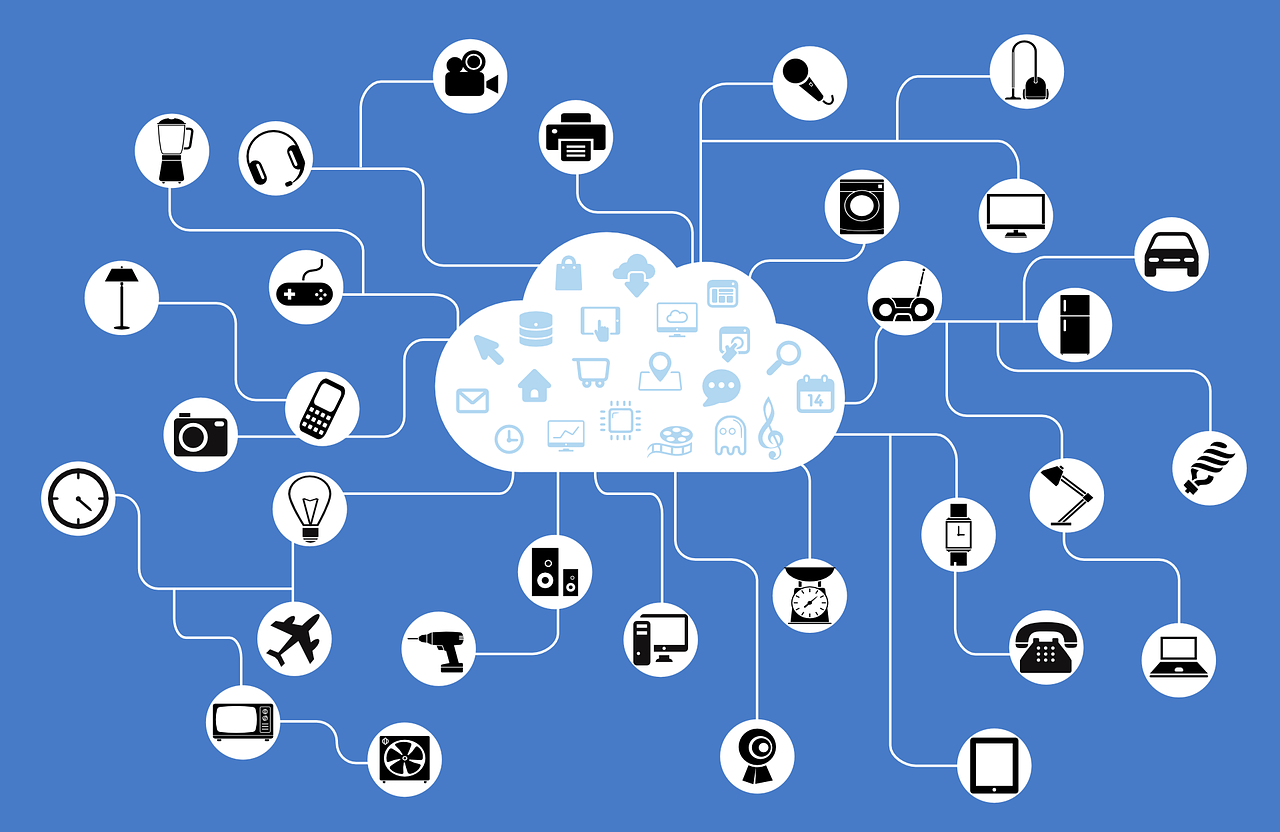 DOI : 10.17577/
DOI : 10.17577/The Internet of Things (IoT) is revolutionizing the way we live, work, and interact with the world around us. With billions of interconnected devices, IoT has the potential to improve efficiency, transform industries, and greatly enhance the quality of our lives. In this blog, we will explore the profound impact of IoT on various sectors, from healthcare and transportation to agriculture and smart homes. But before that, let’s see what IoT actually is.

What is the Internet of Things (IoT)?
The Internet of Things (IoT) refers to the network of interconnected devices, objects, and systems that communicate and exchange data with each other over the internet. These devices, often embedded with sensors, software, and connectivity capabilities, collect and transmit data, enabling them to interact with the physical world and each other. The concept behind IoT is to create a seamless integration of the digital and physical worlds, allowing for intelligent decision-making, automation, and enhanced functionality.
IoT encompasses a wide range of devices, including everyday objects such as smartphones, wearables, home appliances, vehicles, industrial machinery, and infrastructure components. These devices connect to the internet and often form networks or ecosystems where they can share data, analyze information, and respond to specific conditions or triggers.
The key element of IoT is the ability of devices to gather and share data. Sensors embedded in IoT devices capture various types of data, such as temperature, humidity, motion, location, and much more. This data is then transmitted to a central system or cloud platform where it is stored, analyzed, and processed. Advanced analytics, machine learning, and artificial intelligence (AI) techniques are applied to derive insights, make predictions, and trigger automated actions.
How IoT Will Change the World?
Healthcare
IoT is set to revolutionize healthcare by enabling remote patient monitoring, personalized medicine, and improved healthcare delivery. Connected devices, such as semiconductor devices, wearables and sensors can collect and transmit real-time health data, allowing healthcare providers to monitor patients remotely and intervene promptly. This leads to more efficient healthcare services, reduced hospital visits, and better patient outcomes.
IoT also facilitates the integration of medical devices, electronic health records, and telemedicine solutions, enhancing collaboration among healthcare professionals and enabling proactive and personalized care.
Transportation
IoT has been transforming transportation systems by enabling real-time traffic management, optimized routing, and improved safety measures. IoT technologies also enhance public transportation systems, offering commuters real-time information about schedules, delays, and available routes.
Additionally, IoT-enabled logistics and fleet management solutions streamline supply chains, reducing costs and improving delivery efficiency. The integration of IoT in transportation contributes to reduced congestion, lower emissions, and enhanced overall transportation experiences.
Agriculture
IoT is playing a significant role in modernizing agriculture and addressing the challenges of food production and resource management. Smart farming solutions utilize connected sensors, drones, and automated systems to monitor soil conditions, crop health, and weather patterns. By this data-driven approach, farmers can optimize irrigation, fertilization, and pest control, resulting in increased crop yields, reduced resource wastage & improved sustainability.
IoT also facilitates livestock monitoring, ensuring animal health and welfare. By harnessing IoT in agriculture, we can achieve more efficient and sustainable food production to meet the needs of a growing global population.
Smart Homes
IoT is transforming our homes into smart, interconnected environments that enhance convenience, comfort, and energy efficiency. Through IoT-enabled devices and home automation systems, homeowners can remotely control and monitor various aspects of their homes, such as lighting, temperature, security systems, and appliances. This not only provides convenience but also enables energy optimization, reducing electricity consumption and environmental impact.
IoT also promotes the integration of voice assistants and smart devices, creating seamless and personalized experiences. Smart homes driven by IoT technologies offer increased security, improved energy management, and a higher quality of life for residents.
Environmental Monitoring
IoT is proving instrumental in environmental monitoring as well as conservation efforts. Connected devices and sensors can collect data on water resources, air quality, wildlife tracking, and climate patterns in real-time. This data aids scientists, researchers, and policymakers in monitoring environmental conditions, identifying potential risks, and implementing effective strategies for conservation and sustainability.
IoT-based solutions also enable early detection of natural disasters, such as earthquakes and floods, allowing for prompt response and minimizing damage. By utilizing IoT for environmental monitoring, we can make informed decisions, protect natural resources, and work towards a more sustainable future.
Conclusion
The Internet of Things (IoT) is poised to reshape our world, offering countless possibilities across various industries and sectors. From revolutionizing healthcare and transportation to modernizing agriculture, enabling smart homes, and driving environmental monitoring, IoT is bringing unprecedented connectivity, efficiency, and intelligence to our daily lives.
The interconnectedness of devices, coupled with the power of data analytics, enables informed decision-making, improves resource management, enhances safety, and fosters sustainable practices. As IoT continues to evolve and expand, we must embrace its potential, address challenges related to security and privacy, and work towards leveraging this transformative technology for the benefit of all.




